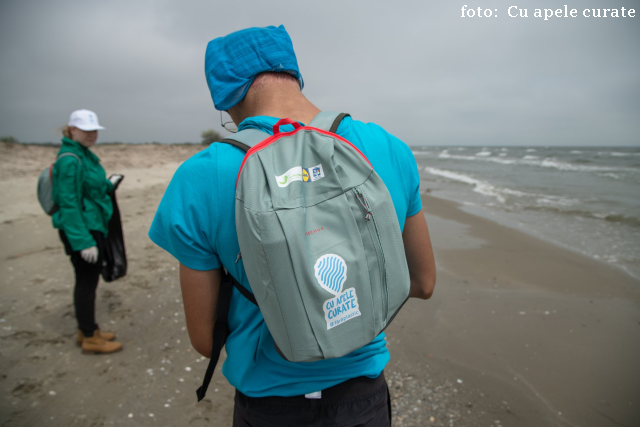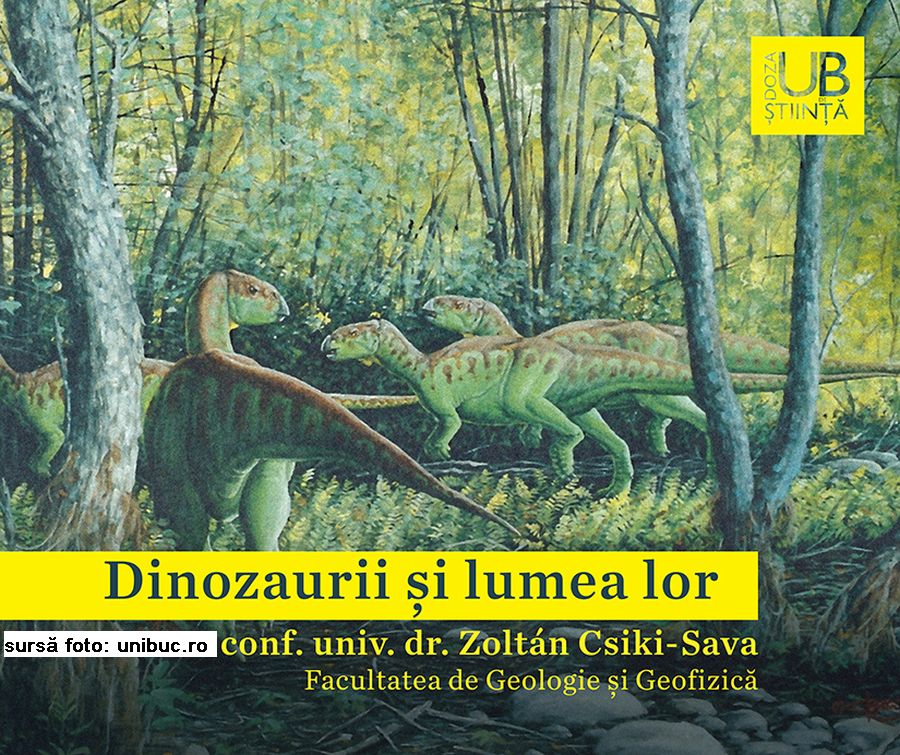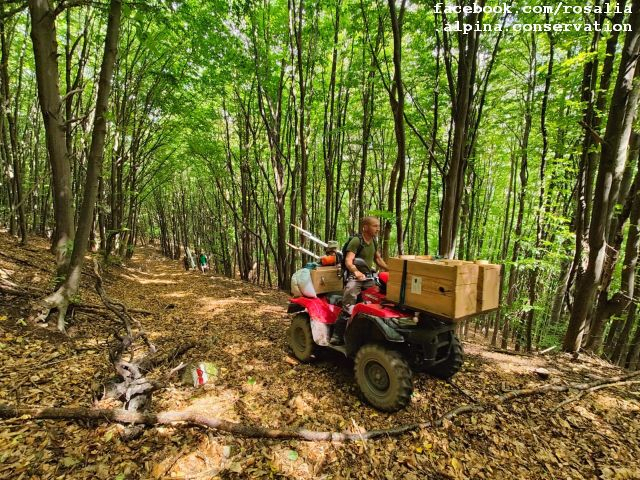Plastics Against Waters
Water infesting waste, mainly plastics, has become a very serious problem globally

Eugen Coroianu, 24.09.2021, 13:00
Water
infesting waste, mainly plastics, has become a very serious problem
globally, including Romania. More and more environmental organization
are trying to clean up waters with methods both user friendly and
more on the edge, but also to raise awareness with the public at
large and local authorities about the perils of this type of
pollution. One of these organizations is called Act for Tomorrow,
which runs the Acting for Waters project. According to most experts,
plastics are 90% of human waste, including in marine systems.
According to UN data, 1 million marine birds and 100,000 marine
animals die each year from plastic pollution alone. We asked what the
situation was in Romania. We found out that, even though Romania has
little official data, most likely it is in line with the global
trend. Andreea Petrut, with the Act for Tomorrow organization, gave
us some details:
In
terms of waste polluting waters, Romania is short on statistical
data. We don’t have official figures from the Ministry of the
Environment, or other public institutions that could tell us how much
macro-waste pollution there is in waters across the country. There
are some European level statistics, some that say that the Black Sea
is the second most polluted in Europe with man-made waste, others
that it is the first. What I can tell you, statistically speaking,
based on research we have run early this year, is that in all sweet
waters in Romania, as well as in the Black Sea, there are
microplastics. These are tiny plastic fragments, nanometric, which
come from decaying plastics. These microplastic fragments are found
in absolutely every body of sweet water in Romania. We should
absolutely worry about them, because they are dangerous both for
ecosystems and our own health.
The
above mentioned organization acts on several directions: prevention,
awareness, collection, and recycling. Obviously, such a grave and
complex problem cannot be solved by a single NGO, but their
initiatives can be replicated by other organizations, as well as by
the authorities. Also, raising awareness among the public about the
dangers of plastic littering pollution is essential, and every effort
to this end is paramount. In fact, Act for Tomorrow is just one of
the organizations dealing with water conservation in Romania, and we
have already mentioned some in previous installments. Andreea Petrut
told us about the main coordinates of the Acting for Waters program:
We
act on four main directions in this project. The first is in the
education and training for prevention, meaning the generation of
plastic waste that ends up in waters. Then we have the intervention
and cleaning element, then the community mobilization and advocacy,
including research, then, last but not least, exploiting plastic and
other kinds of waste we collect from waters, putting them back in the
economic circuit, as part of the circular economy. Last year we
brought to Romania the first infrastructure for collecting waste in
the shape of giant marine animals, which had not been seen on
Romanian beaches. This year we opted for eight animals we set up on
the beach, which are meant to ring the alarm for tourists in terms of
the waste they generate, which end up in the water. We have an
original project we developed, the first sea faring ship in Romania
for waste collection that is 100% electric, actually the first in
Europe. It is a craft we developed from scratch in Romania, together
with our partners. Last year we ran a campaign for information and
education called ‘Faced with Water Waste’, which got awards for
environmentalism and communication. Basically, we compared all
endangered and protected species with their exposure to waste,
comparing their life expectancy with the fact that waste is basically
there to stay forever. Aquatic fauna has a life expectancy that is
much, much lower. In Constanta we put up the largest mural painting
in the world that actually purifies the air, in an attempt to raise
awareness on our marine pollution. In addition to these campaigns, we
are laying a lot of emphasis on cleaning up. We ran a lot of programs
for cleaning up waters, either with our waste collection craft, or
with boats and other small craft manned by volunteers.
The
results of the campaign were beyond expectations, say the organizers.
In only 5 months, they collected almost 19 tons of waste, both from
the sea shore and from the most polluted waterways and lakes in the
country. All the selected waste was recycled to be turned into
resources. In total, 400 volunteers took part in the events,
dedicating their time and energy to cleaning up waste that piled up
in waters and on the shores. Over a million people visualized online
the campaign for raising awareness called Facing Water Waste, which
we mentioned above. Local public institutions mobilized to offer
support, and became partners in the activities. Numerous local NGOs
took the message further to other communities, contributing to the
mobilization of volunteers.






























